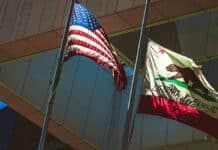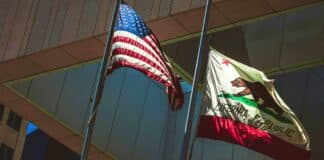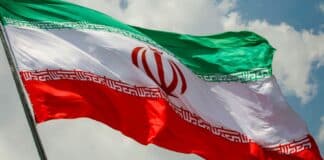
An Israeli student at Cornell University was publicly doxxed after prevailing in a civil rights complaint against English professor Eric Cheyfitz, who was found to have discriminated against the student based on national origin and Zionist viewpoints. The student’s identity and military history were later published by The Nation and circulated on campus, raising serious concerns about institutional bias and whistleblower retaliation.
In Spring 2025, Cornell’s Office of Civil Rights determined that Cheyfitz violated federal civil rights law by engaging in unlawful discrimination. The professor allegedly rejected the student’s course application after criticizing his Israeli background and political views. Following the ruling, Cheyfitz was removed from teaching, and a disciplinary process began. Though a faculty committee later cleared him under internal standards, Cornell administrators upheld the original finding and declined to reinstate him. Cheyfitz eventually chose to retire, keeping full pay and benefits, allowing the university to avoid further litigation.
Soon after the internal decision, The Nation revealed the student’s name, followed by similar disclosures from the student-run Cornell Daily Sun and activist groups. The leaks included private details about the student’s Israeli Defense Forces service and falsely suggested he acted in bad faith. The public exposure led to targeted harassment, both online and within the academic community.
The Equal Protection Project, a legal watchdog focused on campus bias, condemned the doxxing and announced plans to file a federal civil rights complaint. The organization stated that exposing a student who filed a discrimination grievance is a violation of federal protections and an act of intimidation meant to silence future complainants.
Cornell has not publicly condemned the doxxing or taken disciplinary action against the students and faculty who promoted the leaks. The university’s silence reflects growing hostility toward Jewish and pro-Israel voices in higher education. While the administration found discrimination occurred, its inaction following the student’s exposure signals a lack of commitment to protecting students who challenge anti-Zionist activism.
The incident underscores a dangerous trend in academia where conservative, pro-Israel, and religious students face increasing marginalization.







